Blog
Antonio Gramsci, Bolshevik Revolution, Civil Society, Concept of Hegemony, Concerns of Antonio Gramsci, esikhya, Integral State Concept, Political Society, Rejection of Positivism and Materialism, Role of Ideology, Strategy of Revolution, War of Position & War of Maneuver, western political philosophy
Simanchala
0 Comments
Antonio Gramsci
Antonio Gramsci : A Comprehensive Analysis
Introduction
Antonio Gramsci (1891–1937) was an Italian Marxist theorist, philosopher, and political activist. A founding member of the Italian Communist Party (PCI), Gramsci is best known for his contributions to Marxist theory, particularly his ideas on cultural hegemony, civil society, and revolutionary strategy. His writings, largely composed in prison under Mussolini’s fascist regime, remain highly influential in political and social thought.
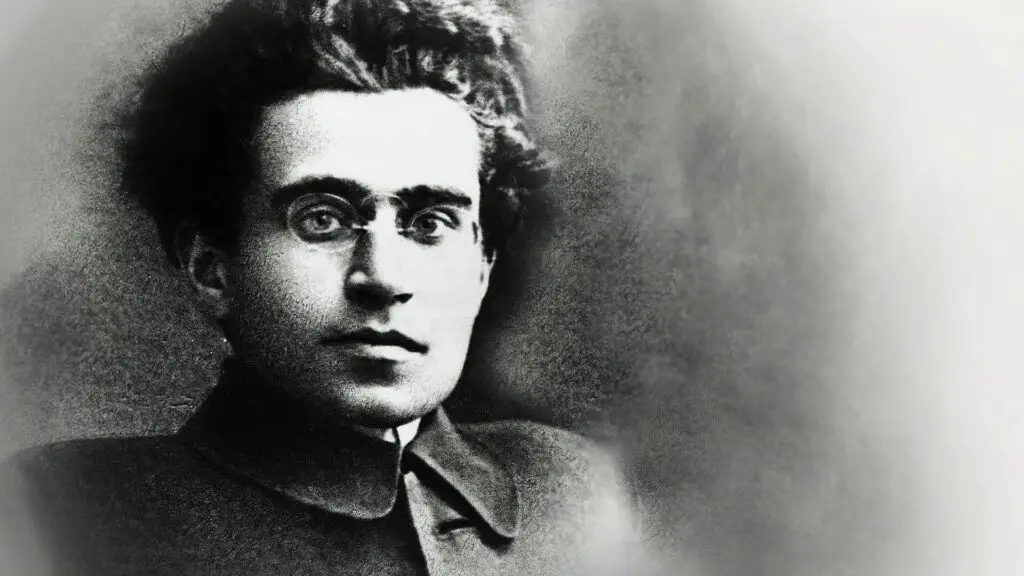
Concerns
Gramsci’s primary concerns revolved around the failure of revolutionary movements in Western Europe, the role of culture and ideology in sustaining capitalist societies, and the need for a nuanced strategy to achieve socialism. Unlike classical Marxists, he emphasized the significance of cultural and ideological structures in maintaining bourgeois rule.
Bolshevik Revolution
Gramsci viewed the Bolshevik Revolution (1917) as a pivotal moment in revolutionary politics. He admired Lenin’s leadership but acknowledged that the conditions in Russia—an underdeveloped economy and weak civil society—were different from those in Western Europe. This led him to reconsider the strategies for socialist revolutions in advanced capitalist societies.
Integral State Concept
Gramsci introduced the concept of the “Integral State,” which combines both political society (the government, military, and legal institutions) and civil society (media, education, religion, and culture). He argued that power is not solely maintained through coercion but also through ideological consent within civil society.
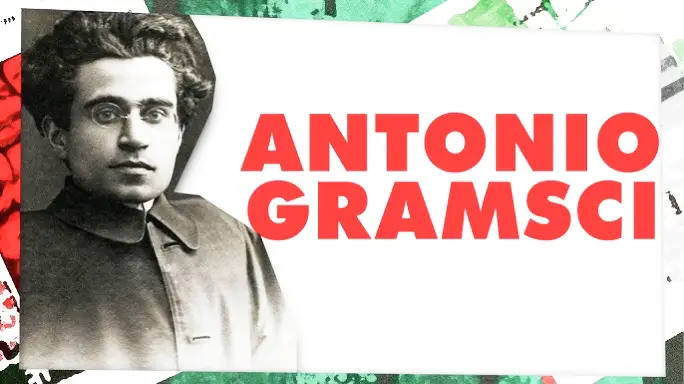
Political Society
Political society, according to Gramsci, consists of formal state institutions such as the government, military, police, and judiciary. These institutions exercise control through coercion, enforcing laws and maintaining order. However, he argued that this coercive aspect alone cannot sustain ruling-class dominance.
Civil Society
Civil society includes cultural, religious, educational, and media institutions that shape public consciousness. Unlike Marx, who focused on economic structures, Gramsci believed that civil society played a crucial role in maintaining capitalist hegemony by manufacturing consent rather than relying solely on force.
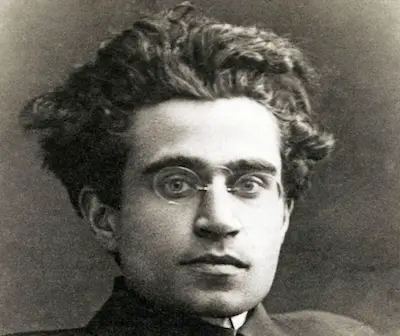
Strategy of Revolution
Gramsci proposed a twofold strategy for revolution: the “war of maneuver” and the “war of position.” He argued that in societies with weak civil structures (like Tsarist Russia), direct insurrection (war of maneuver) could succeed. However, in advanced capitalist societies, a gradual ideological struggle (war of position) was necessary to challenge bourgeois hegemony.
War of Position & War of Maneuver
- War of Maneuver: A direct, frontal assault on the state, as seen in the Bolshevik Revolution. This strategy is suitable for societies with a weak civil society.
- War of Position: A long-term struggle to reshape ideology and cultural norms within civil society, gradually undermining bourgeois dominance. This is the preferred strategy in Western democracies where the ruling class controls cultural and ideological institutions.
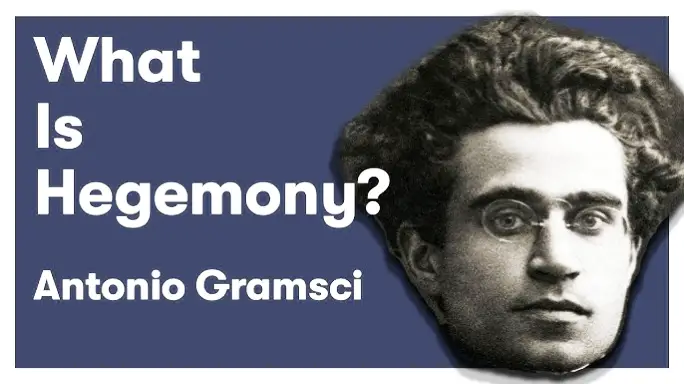
Concept of Hegemony
Gramsci’s most significant contribution is the concept of cultural hegemony. He argued that the ruling class maintains power not only through economic and political means but also by shaping ideology and public consciousness. By controlling education, media, and religion, the ruling class secures the consent of the governed, making revolution more difficult.
Rejection of Positivism and Materialism
Gramsci critiqued deterministic Marxism, rejecting the idea that economic conditions alone determine social change. He dismissed positivism for its mechanistic view of history and argued that human agency, cultural factors, and ideology play critical roles in shaping society.
Role of Ideology
For Gramsci, ideology was not merely a reflection of economic base but an active force in shaping class relations. He emphasized the role of intellectuals in producing and disseminating ideologies that either sustain or challenge the dominant system. Organic intellectuals, arising from the working class, could help counter bourgeois ideology.
Conclusion
Antonio Gramsci’s theoretical contributions significantly expanded Marxist thought by highlighting the role of culture, ideology, and civil society in maintaining capitalist power. His concepts of hegemony, the integral state, and the war of position continue to influence contemporary debates on politics, revolution, and social change. Gramsci’s work remains essential for understanding modern power dynamics and the challenges of socialist transformation in liberal democracies.











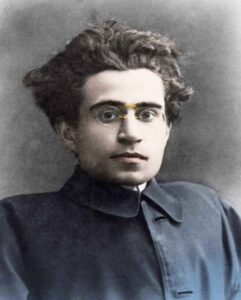
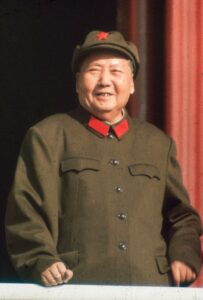


Post Comment